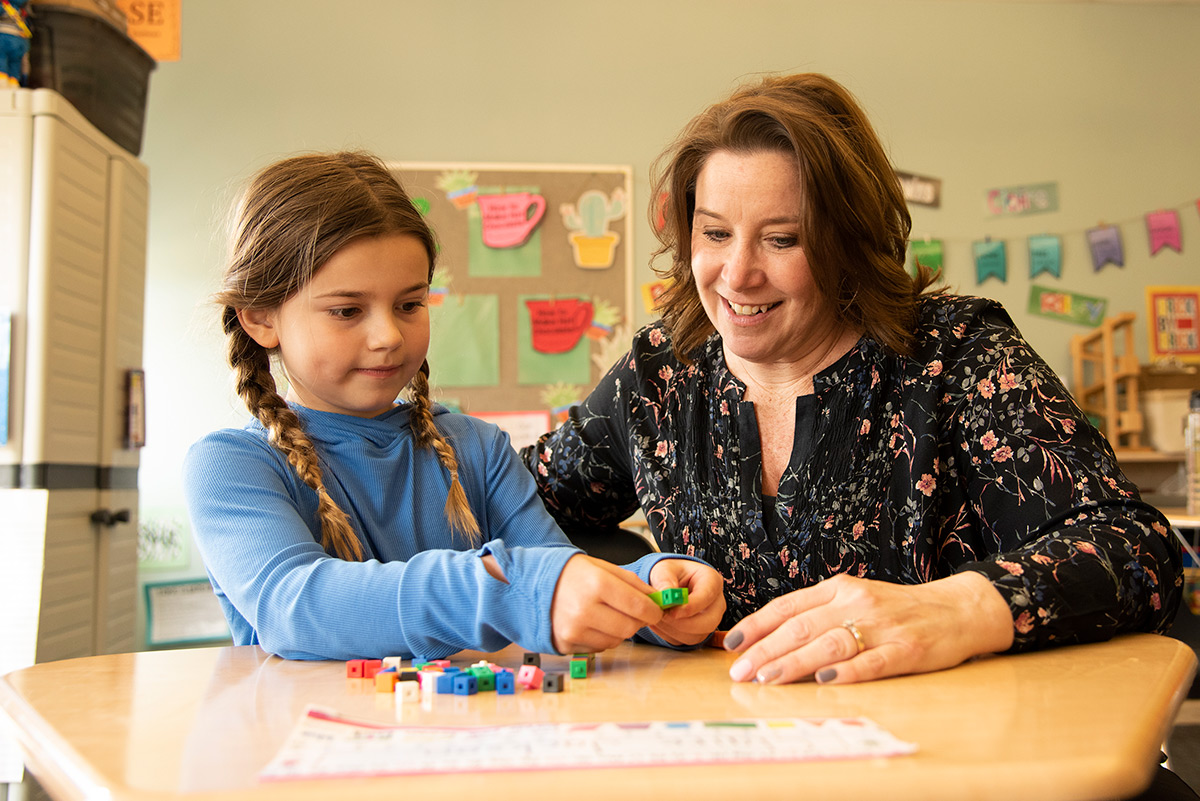
Understanding how the development of executive skills impacts learning success for every child is important. Developing brains, in many cases, are not equipped to handle the tasks they are being asked to perform when it comes to managing time, materials, and tasks. For educators and parents, an essential key to empowering learning success is having strategies at the ready to help students intentionally grow and manage their learning based on their current capabilities.
At The Janus School, our faculty and staff spend a tremendous amount of time creating and implementing intentional and personalized executive skills strategies for our students with learning differences. We have found that all students benefit from support for planning and prioritizing as their brains are still developing executive function capabilities. Coming up on May 11, we’re offering a collaborative learning opportunity with our Executive Skills Workshop for fellow educators, parents, and community members to gain more knowledge about executive functioning. As the only independent K-12 day school in Central Pennsylvania wholly dedicated to the needs of students with learning differences, we are proud of our ability to be a supportive resource as an organization. We welcome the larger educational community to join us at The Janus School to partner with us in promoting successful outcomes for students.
Registration Available Now!
Executive Skills Workshop: Saturday, May 11
On Saturday, May 11, 2024, a team of faculty members will lead an insightful Executive Skills Workshop here on the Janus campus from 9 AM – 12 PM – and you’re invited! Act 48 credits are available for educators who are seeking to earn them. Find all of the details on our registration page here.
What are Executive Skills?
Executive skills, also known collectively as executive function, are mental capabilities that all humans develop in varying degrees as they grow from children into young adulthood, including flexible thinking, working memory, focus, self-control, and more. (This list from Understood.org is comprehensive.) Referred to by some professionals as “the management system of the brain,” executive function is what allows us to plan ahead, set goals, and accomplish tasks.
Because the region of the human brain responsible for executive function does not fully develop until we reach our mid-20s, all students will have some challenges with executive function, which can lead to struggles in school and impact quality of life. Additionally, because difficulties with executive functioning are often connected to—or mistaken for—neurodivergent diagnoses, including ADHD, autism spectrum disorder (ASD), and auditory processing disorder, Janus educators are well-versed in this topic and knowledgeable about effective ways to support the development of executive skills. Every student needs to cultivate executive skills to thrive in day-to-day life. While some will do this naturally, many need help.
Why is It Vital to Support the Development of Executive Skills?
Challenges with executive function can affect all young people, whether they are considered neurotypical or neurodivergent. This means that every educator, parent, and caregiver to children can benefit from learning more about how our brains develop—and the challenges that can arise when development occurs in unexpected ways.
For students with learning differences, executive function challenges and varied stages of development can further complicate understanding and processing information. Utilizing assessment strategies and accessing quality training resources to provide tailored support for individuals who struggle with executive skills can be game-changing in how they learn.
What Attendees Will Gain from Attending the May 11 Executive Skills Workshop
Whether you are a private or public-school educator looking to earn Act 48 credits or you are a parent or caregiver of a school-age child who wants to learn more, this insightful and accessible workshop aims to provide essential background information about executive function. But that’s not all—attendees will gain practical strategies that can be implemented at home and at school to help students immediately with managing their time, materials, and tasks.